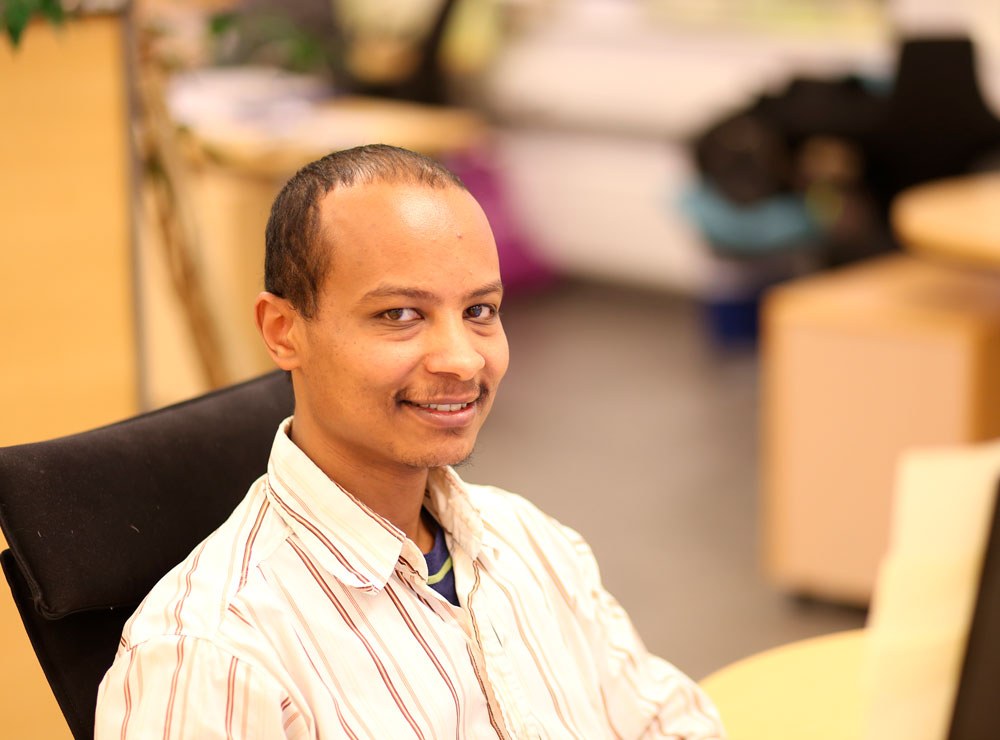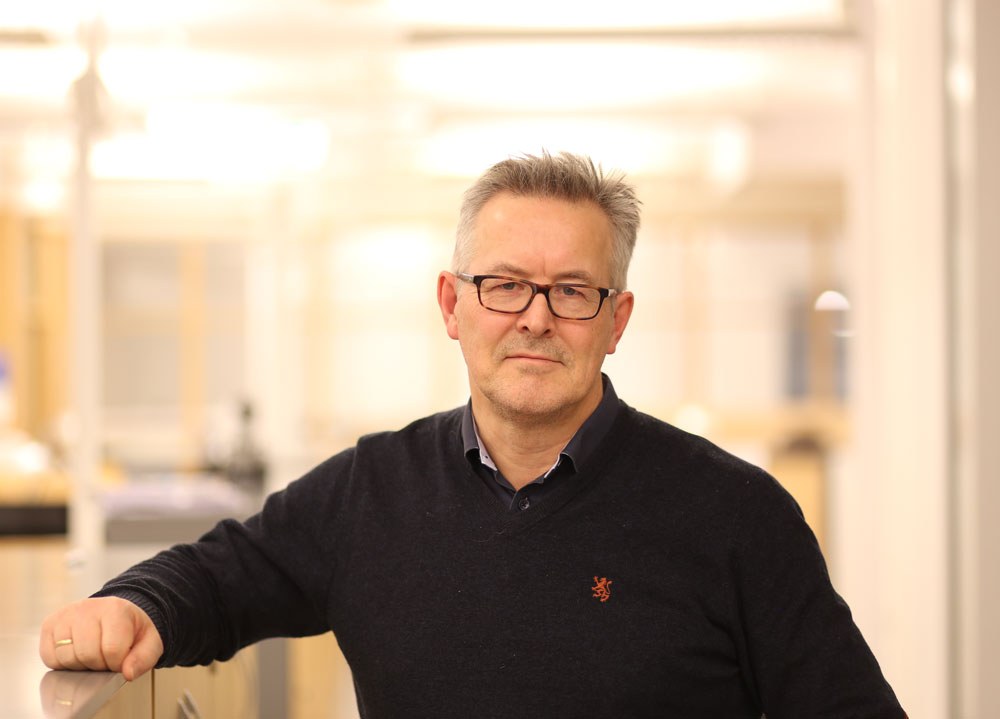The value of health data
– We want to contribute so doctors, patients and researchers can use health data in better ways, at the same time securing people’s privacy. Meskerem Asfaw and Kassaye Yigzaw at The Norwegian Centre for E-health Research are exploring the potential of health data.

In a straight line, the distance between Tromsø and Addis Ababa is 6890 kilometers. That is Kassaye Yigzaw’s (31) hometown. Meskerem Asfaw (32) is from Guder, a smaller town near the capital. Both got their bachelor’s degrees at Hawassa University. But that is not where they met. Despite having mutual friends, they never bumped into each other.
It happened a few years later, in 2013. Meskerem was admitted to the Master Program in Telemedicine and eHealth at UiT The Arctic University of Norway. Kassaye had just finished the same program, and had begun his work on his PhD.
– We got to know each other, and fell in love. We had lots in common and much to talk about, says Meskerem.
The two technologists married three years later.
– It is great to have a partner who understands what you are working on. She has been a fantastic support every time I have struggled with challenging academic problems, says Kassaye.
E-health 24/7
Can it be too much of a good thing – talking about research both at the office and home?
– It is not like we are working on the same project now. And we have some rules, so there won’t be too much chatting, Meskerem says with a smile.
Kassaye agrees.
– It can be a challenge. But we understand each other and can help each other academically and personally. For instance, we wrote a scientific article together, and that went smoothly.

The two enjoy living in Tromsø. As for others, the winter darkness north of the Arctic Circle can be a test. All is usually forgotten when spring arrives and the sun warms us up with gentle rays.
– We take omega-3 supplements, which is supposed to be good for the brain and sleep. I hope it works, Kassaye laughs.
Data improves health services
Kassaye completed his PhD in 2017. He described how researchers can access health data with the aid of a computer program, and at the same time safeguard people’s privacy.
Professor Johan Gustav Bellika has been advising both of them during their education and projects they have participated in. He is proud of what the team has achieved.
– We are convinced that using health data in better ways is both valuable and necessary. At the same time, we must protect private information. Trust between the patient and the doctor is at the core. The patient needs to be sure that his or her sensitive information is not lost or misused.

Monitoring disease
In January 2018, they became part of a new project: The Norwegian Primary Care Research Network (PCRN). Four researchers at The Norwegian Centre for E-health Research collaborate with several other Norwegian research institutions. They will find out how general practitioners can get improved computerized clinical decision support, something that can benefit all patients. Also, they aim at generating knowledge about epidemiology and best practice.
PCRN builds on previous research done in the SNOW project. The goal is to collect data about diseases from different sources, for instance general practice offices and hospitals, to create a more effective early warning system for diseases.
– It is exciting - we must challenge ourselves. Hopefully we are able to use some of the knowledge from different projects, like Emnet, says Meskerem.
Through the Emnet project, they found methods to analyze health data securely. It is possible to contribute to better data, better health and even save lives, without sharing any sensitive information.